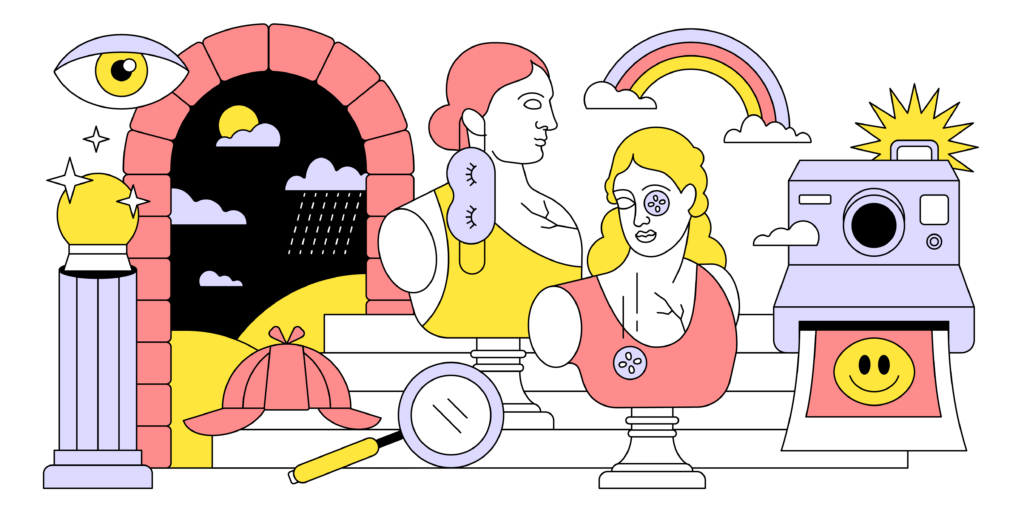You can’t deny social media has had a vast impact on modern day society and the way we present ourselves online. And while platforms like Instagram and Facebook have transformed culture in more ways than we can mention, it seems their long reign as sources of escapism, aesthetic, and aspiration could be coming to an end.
There may have been a (burning) desire for escapism during the pandemic, but when it came to social media feeds we saw a significant shift toward more authentic and relatable posts. Lockdown was a leveller for everyone and the “hashtag goals” lifestyles of the famous and influential no longer spoke to our needs.
“When the pandemic started, I was definitely looking for more content that felt comforting and kind of replaces the human interactions we’d have every day.” (Interviewee)
This behaviour is apparent in the rise of apps like BeReal and TikTok, but also in how we’ve transformed our relationships with the OG social media apps. We’re trading fine-tuned (and face-tuned) Instagram lays for unaesthetic photo dumps—the tag #photodump has racked up almost 2.5 million Instagram posts and counting.
This change in attitude, alongside the mass exodus of users from social media platforms like Facebook also connects to a general distrust in big corporations. Our research shows audiences are becoming increasingly wary of big brands, unethical behaviours, and cheap advertising tactics.
“We’ve become a lot better at just sniffing out the nonsense really, you know, what’s authentic and what isn’t. We’ve got better at that.” (Interviewee)
Relatability is an important driver of trust, and in the search for authentic, value-driven, and community-focused content, we’re seeing audiences transform their relationships with the apps and platforms that held their attention for too long. Making the internet work for them instead.
When asked what their main motivation is for engaging (finding, consuming, sharing) with content, only 2% of our survey respondents mentioned the need for social status or capital. Their top choices were:
- Researching information
- Entertainment
- Information sharing
“You can follow a creator and it seems like as soon as they become big they’re out of your relatable zone.” (Interviewee)
Takeaway
People are tired of the polished versions of everything they see around them. The pandemic brought this into focus, as we spent so much time with our media by ourselves or with our bubbles. Think about how your content matches these needs:
● First-person stories are always better than rambling pieces reported by a third party.
● Sometimes visuals don’t need to be overly directed – vox pops and raw footage have an audience.
● Give people the background behind the stories they see – they want to know.
